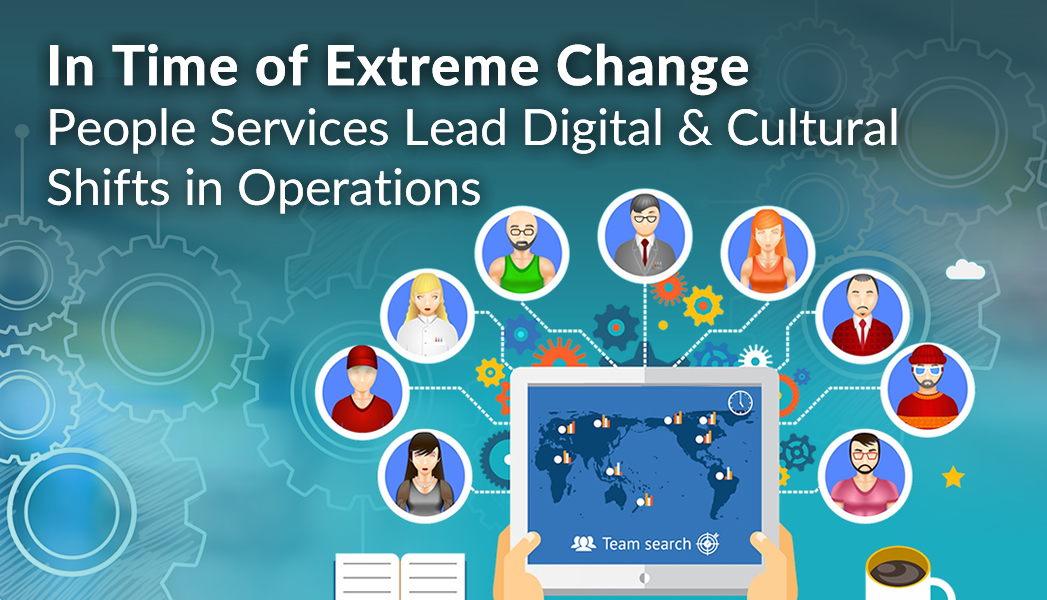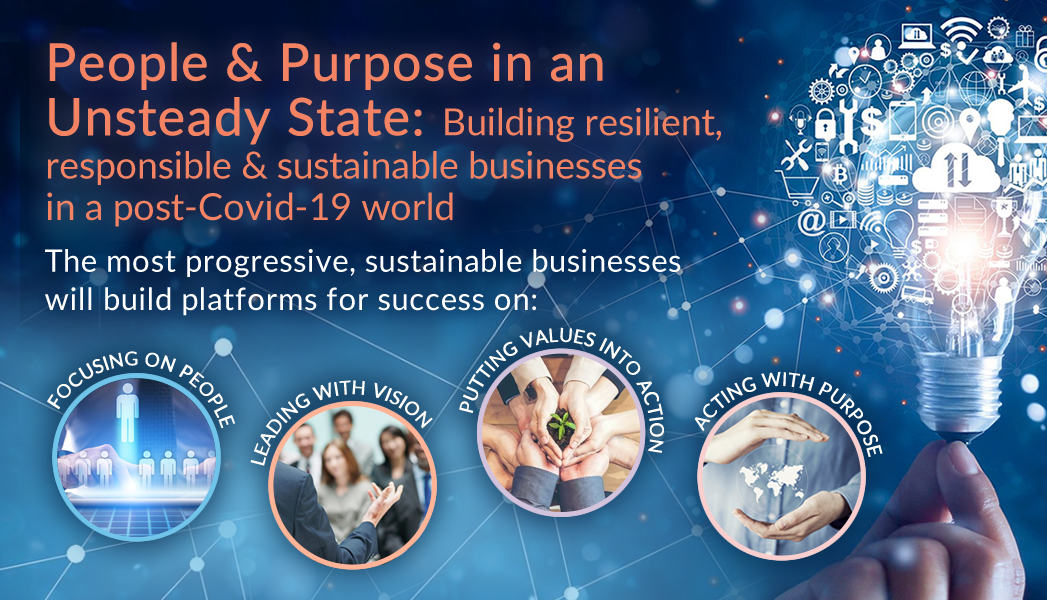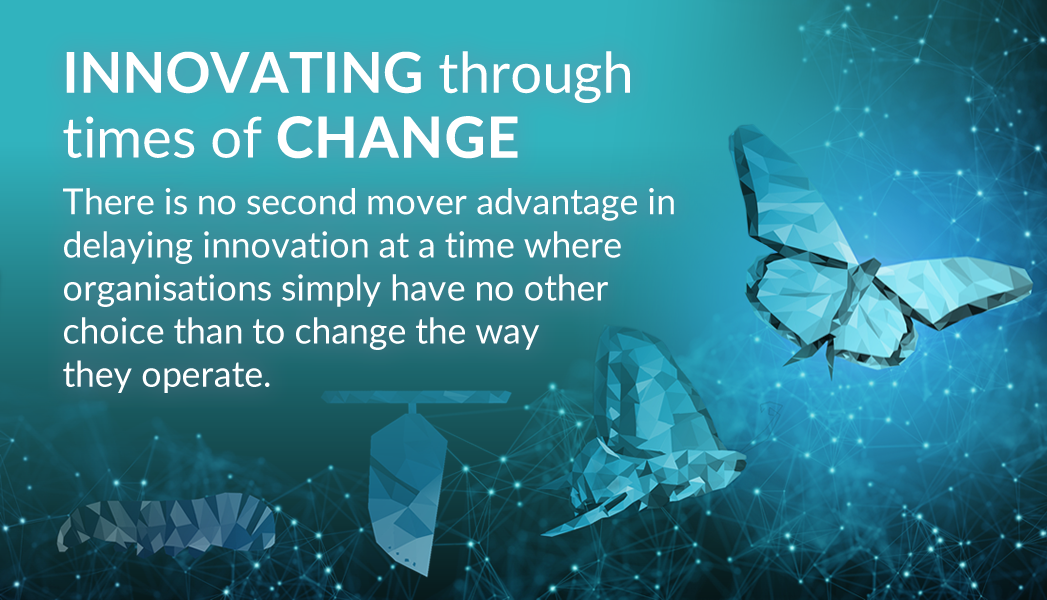
Elmaret brings a fresh and inspiring perspective, having transitioned into tech from a background in sports coaching and leadership.
Her journey is a testament to how transferable skills – like team dynamics, communication, adaptability, and a commitment to continuous improvement – can be just as critical as technical know-how in driving success in tech delivery.
Q: What inspired your move from sports coaching into tech?
Elmaret Brewer:
Well, actually, what inspired my transition was recognising that the core coaching competences I developed, active listening, goal setting, and creative, supportive learning environments, were exactly what tech teams needed to thrive. So both coaching and tech delivery were fundamentally about helping people perform at their best while navigating constant change.
I was drawn into the tech culture because it prioritises innovation, collaboration, and fast-paced problem-solving, which mirrors the dynamics of a coaching environment. The tech industry emphasises continuous learning, resonating with my coaching philosophy about facilitating reflection and helping people to learn from both success and failure.
What sealed it for me was seeing how tech teams, just like sports teams, benefited from someone who could build trust and rapport, help identify performance gaps, and facilitate change and innovation. I realised that my natural ability was actually about adapting my coaching techniques to different environments, and that would be invaluable in helping tech professionals navigate their own career growth and embrace new technologies.
So, for women considering tech, I want you to challenge the traditional definition of what we seem to be like, that’s “technical.” When I started, I thought I needed to be a developer to be valuable in the tech industry. But actually, that’s not true. I’ve learned that the tech teams need somebody who is able to understand other people, be the person who can communicate, and have an analytical mind that is able to help them.
Q: How have your leadership skills translated into tech project delivery?
Elmaret Brewer:
My leadership approach in the tech delivery centres around building trust and rapport, demonstrating empathy, respect, and genuine interest in someone’s growth. And in my current role, I’m focusing on creating a psychologically safe environment where teams feel comfortable to reflect on their own experiences, learning from successes and failures.
I can give an example, when leading a cross-functional team I was using my coaching principles to identify performance gaps early and, rather than pointing out the problems, I was able to help individuals develop a strategy to address the gaps that they’d had themselves and then how they could improve not only themselves but actually juniors within the team. So, pairing a junior with a junior team member and then sharing more experience, adapting sprint commitments so they’re more realistic, and being able to do the goal setting with them.
I’ve also embraced technology in my coaching approach, using online tools for continuous feedback, process tracking, and facilitating remote teams. That’s what I do in my daily job. My team doesn’t sit in the same office as I do; they sit across the globe. During my project delivery, I regularly conducted reflection sessions, retrospectives, where we analysed how we work together, what was working well and what wasn’t working well, and then in the next iteration, we would try to see if we could improve that.
So the key understanding in tech is that it’s a fast-paced environment. My role isn’t about delivering projects; it’s about facilitating change and innovation that helps team members embrace new technologies and grow in their careers. For women considering going into this role, my coaching background taught me that the best results came from elevating the whole team, not individual performance. Tech has historically rewarded individual brilliance, but at the same time, the future belongs to collaborative workers who can bring out the best in diverse teams. The leadership style that many women naturally bring, inclusive, collaborative, and focused on collaborative success, is exactly what the tech industry needs.
Q: What challenges did you face, switching industries, and how did you overcome them?
Elmaret Brewer:
The biggest challenge was understanding the tech culture and adapting my coaching approach to fit this fast-paced, innovation-driven environment. I had to learn to be a bit more agile in my thinking. Where the traditional coaching might involve a longer-term development plan, tech teams needed it to be immediate and interactive; they need feedback now, and they need support.
I embraced this by continuous learning, staying informed about industry standards and emerging technologies. I’m using AI as an example; I use it in my daily life. It’s becoming part of what I do. I also sought feedback from my peers and my team up or down. The reflective practice helped me analyse what worked and what didn’t work, so I could refine my approach.
Networking and collaboration are also crucial. I connect with other coaches and leaders in the industry to share experiences and learn from what they have done in their practices. It helped me understand from an outside perspective what I could do differently and what is actually valuable, and that is something else that I try and keep current.
The key breakthrough was realising that I didn’t need to become a technical expert to add value, but instead leveraging my technical understanding and embracing my coaching, using digital tools for feedback and process tracking while maintaining my core strength for helping people navigate change and embrace innovation.
Q: Why do you think soft skills are often underrated in tech?
Elmaret Brewer:
I think there’s been a historical focus on technical innovation and rapid development, but sometimes it overshadows the people skills that actually enable the innovation. The reality is that the most successful tech teams are about trust, adaptability, and effective collaboration, which are all part of soft skills.
In my experience, technical brilliance without strong communication and coaching skills hits the ceiling pretty quickly. When you’re trying to facilitate change and help teams embrace new technologies, you need active listening, empathy, and the ability to create supportive learning environments.
These skills become even more critical as people progress through their careers and start leading teams, and you’re not only leading teams, you’re sometimes leading stakeholders as well, especially when you’re working on a project where they are not sure what to do next.
In the tech industry, the emphasis is on continuous learning and innovation, and it requires somebody with good personal and people skills to be able to identify the performance gap, give constructive feedback, and help individuals reflect on their experience and learn from both successes and failures. Without my coaching competencies, even the most technically advanced team struggles to adapt to new things and grow.
Q: What advice would you give to others coming into tech from non-traditional paths?
Elmaret Brewer:
Firstly, I think recognising your ability and flexibility is actually your superpower. The industry is constantly evolving, so your ability to navigate rapid changes and embrace new approaches will set you apart from the rest. Don’t try to hide your different background; actually, you should be boasting about it because that gives you a competitive advantage.
Secondly, focus on the fundamental skills that translate across any industry. Active listening, goal setting, building trust, rapport, feedback, learning, these are all core competencies that tech teams really need, especially in a fast-paced, innovation-focused industry.
Spend time understanding the tech culture, but remember that good leadership principles are actually universal. Finally, embrace technology to enhance your capability rather than seeing it as a barrier. Use online tools for feedback, progress tracking, and collaboration. Network with others who’ve made similar transitions and learn from their experiences.
Your background shouldn’t be your limitation; it should actually be a superpower that makes you stand out from the rest. The industry is changing. Women are leading this change, and my career is one of those examples. There’s no single path in tech leadership. Tech needs what you bring. Don’t see it as a barrier.









